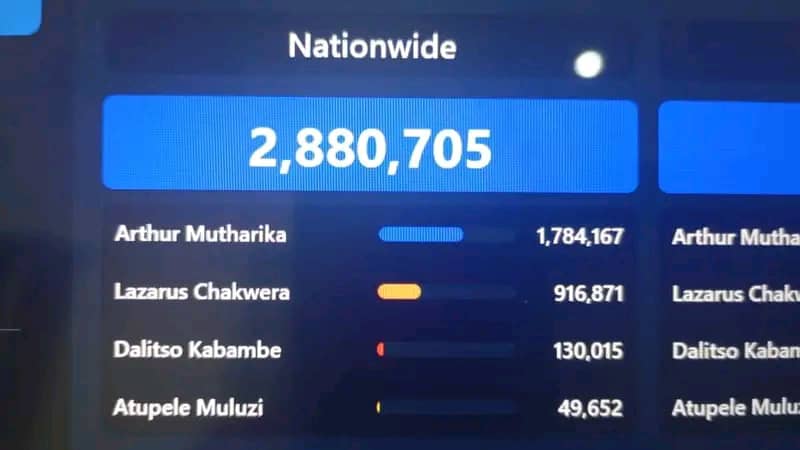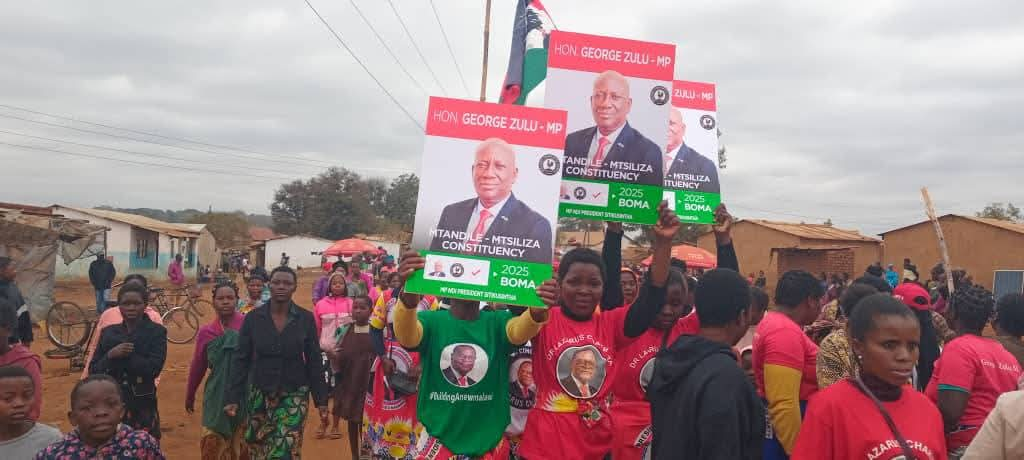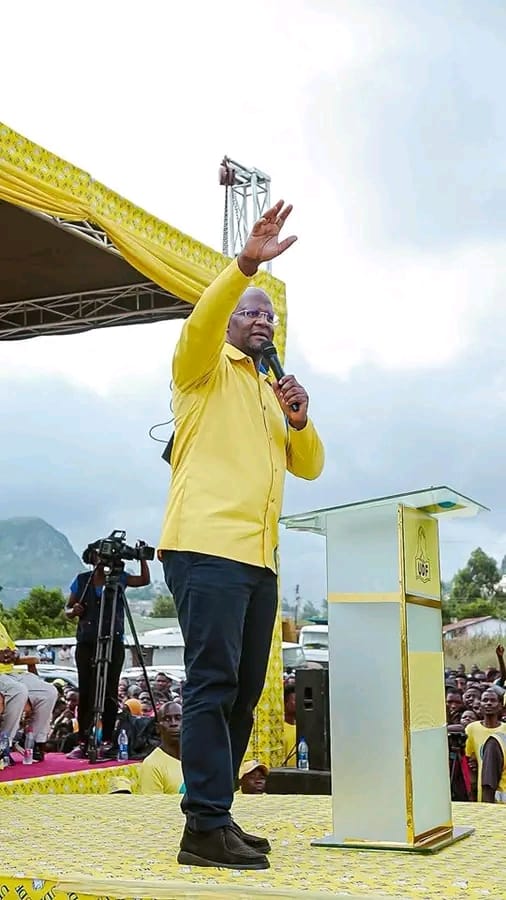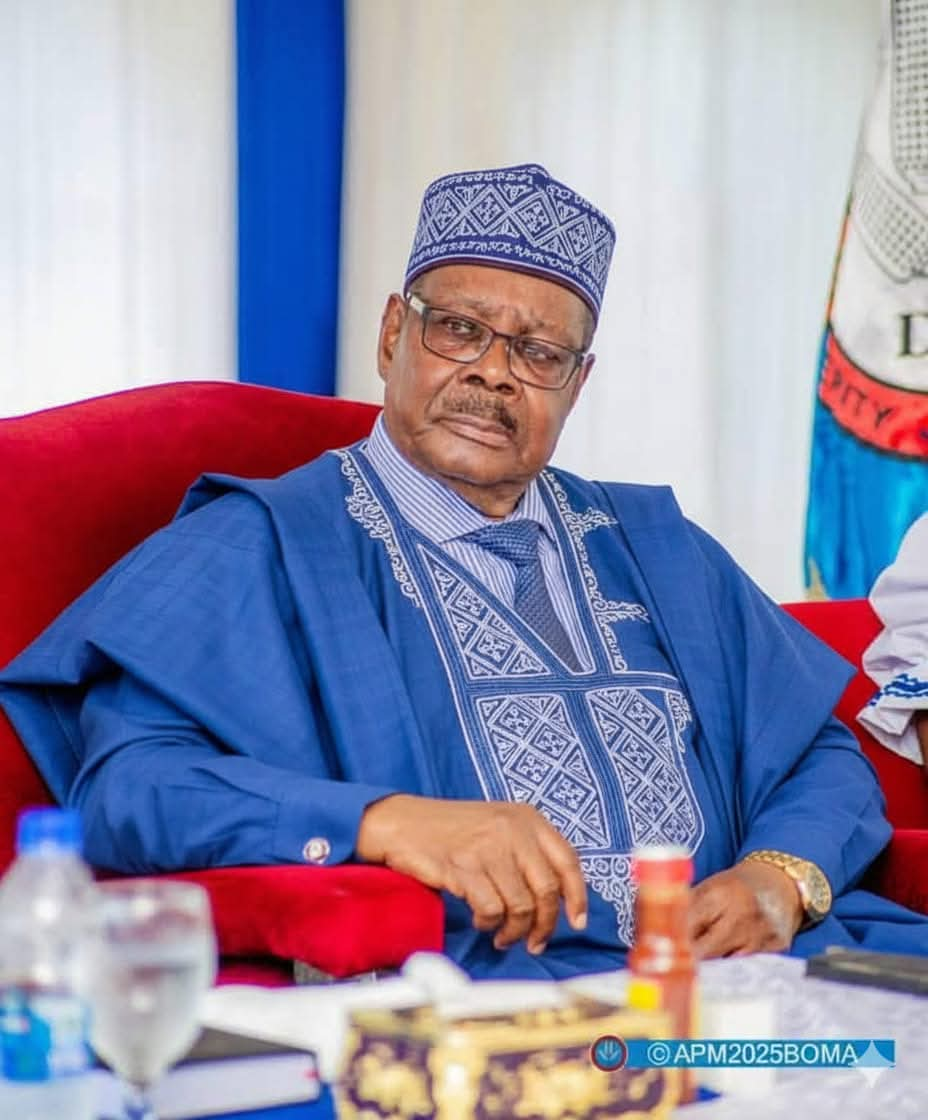The European Union Election Observation Mission (EU EOM) to Malawi is set to hold a press conference where Chief Observer Lucia Annunziata and Head of the European Parliament Delegation Reinhold Lopatka will present the Mission’s preliminary statement on the ongoing elections.
The press conference will provide an overview of the Mission’s early observations covering the campaign period, the conduct of voting, the counting process, and the general electoral environment.
These findings are anticipated to shape both domestic and international perceptions of the credibility of Malawi’s 2025 elections, at a time when political competition remains intense and the stakes for democratic governance are high.
The EU EOM has played a pivotal role in Malawi’s democratic trajectory in the past. Reports issued after the 2009 and 2014 elections, for instance, flagged serious concerns around unequal access to state media, misuse of government resources, and gaps in the tallying process. Such observations stirred debates locally, with opposition parties leveraging them to press for reforms while ruling parties often countered with narratives of sovereignty and independence from external judgment.
Following the disputed 2019 elections, the EU EOM’s criticisms of the Malawi Electoral Commission’s handling of results—including irregularities such as altered tally sheets—added weight to domestic demands for electoral justice. This external validation of internal grievances contributed to the legitimacy of the Constitutional Court’s historic decision to annul the polls and paved the way for the 2020 Fresh Presidential Election.
Against this backdrop, Malawians will watch closely how the EU’s preliminary findings are worded this year, and whether they strike a balance between applauding progress and flagging persisting weaknesses.
Interpretations of these findings, however, are unlikely to be uniform across Malawi’s regions. In the South, where the Democratic Progressive Party (DPP) enjoys its deepest roots, citizens may view critical EU remarks as ammunition to challenge the ruling Malawi Congress Party (MCP) and reaffirm their narrative of being unfairly excluded from power.
In the Center, the MCP’s traditional heartland, EU endorsements of the electoral process are likely to be welcomed as affirmations of their claim to democratic legitimacy. At the same time, any harsh criticisms could fuel unease among MCP supporters, who remember the role of external observers in validating the annulment of 2019 results that once favored the party.
Meanwhile, in the North, where voters have historically oscillated between alliances rather than anchoring to a single dominant party, the EU EOM’s pronouncements will likely be read as an opportunity to demand inclusivity and equity. The region’s history of marginalization makes its citizens especially receptive to external voices calling for transparency and fairness.
Looking ahead, the EU EOM’s findings will extend beyond immediate electoral verdicts. They will play a role in shaping post-election stability by either reinforcing confidence in the electoral system or exposing fractures that demand urgent attention. Internationally, their recommendations will likely set the tone for renewed conversations on Malawi’s reform agenda, particularly around electoral laws, media regulation, and political financing.
As Malawi marches toward its Vision 2030 goals, the weight of these external assessments cannot be underestimated. By spotlighting both strengths and weaknesses in the 2025 elections, the EU EOM may ultimately help chart a path not only for credible elections today but also for deeper institutional reforms that safeguard democracy for the future.




